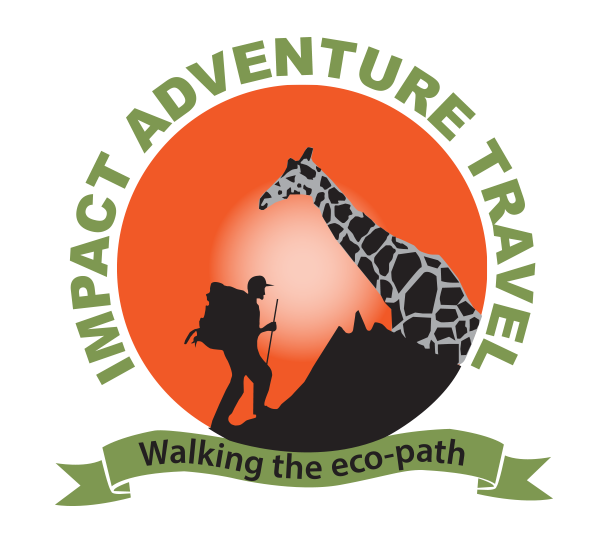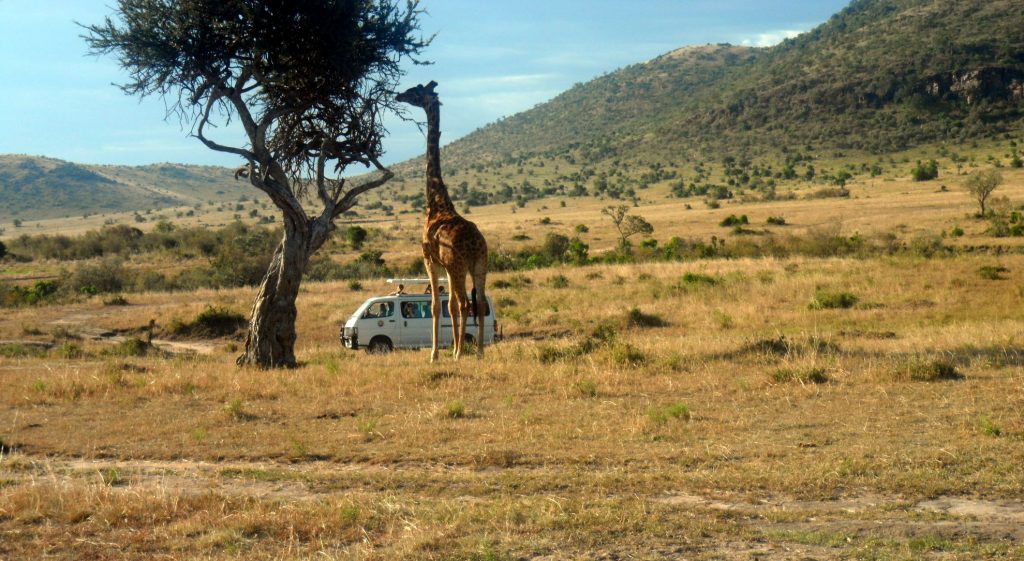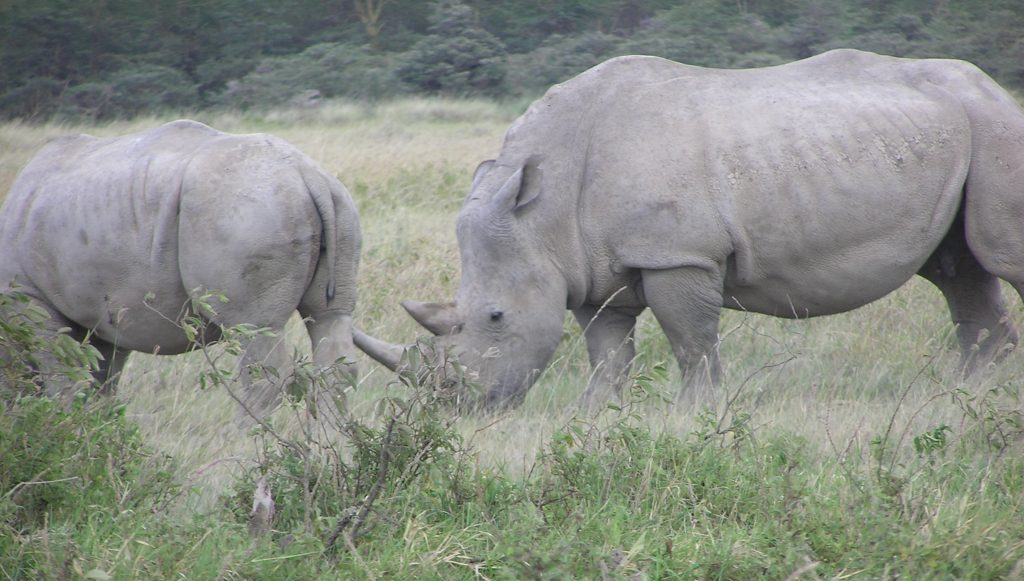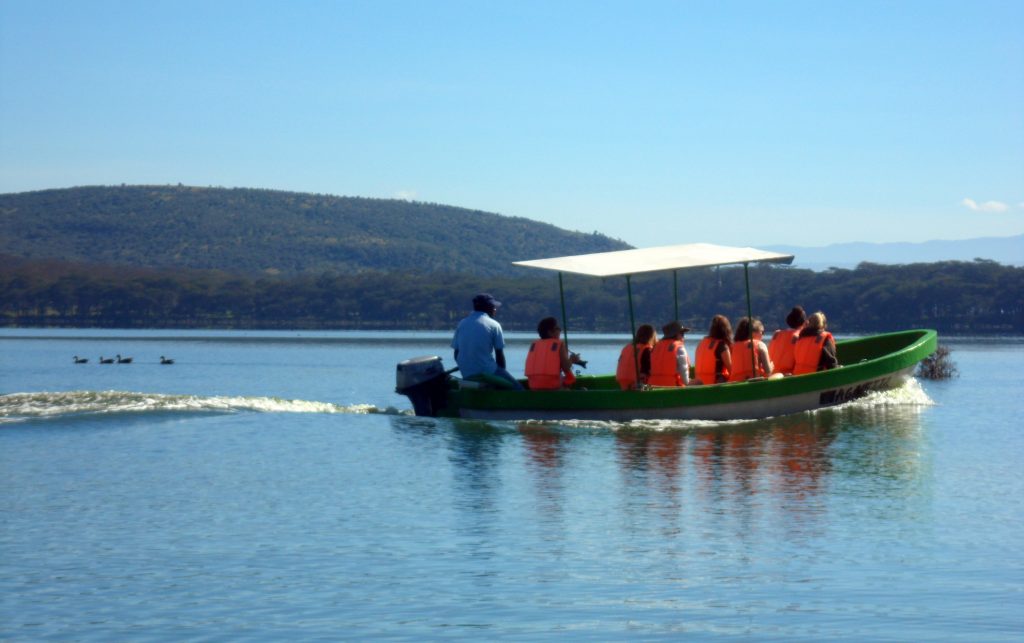8 days (not including air travel)
A week of adventure and discovery. Visit the Masai Mara to witness the splendour of African wildlife. Continue on to the Great Rift Valley and discover beautiful scenery, flora and fauna. Tour the bird rich lakes against a backdrop of stunning volcanic mountains and escarpments. Explore the hot springs, cliffs and rock towers of Hell’s Gate. A unique aspect of this tour is the opportunity to interact with the Maasai people and learn about their enduring cultural practices. The Maasai are a staunchly independent people who value tradition and ritual as an integral part of everyday life.
Day 1: Tepesua Maasai Village
From Nairobi, drive for 4-5 hours across the Rift Valley escarpment and floor to a tiny Maasai settlement in the bush for insights into their fascinating way of life. Here you can visit traditional homes, observe or engage with day-to-day life, milk the goats maybe, try some beadwork making, and immerse yourself amongst myriad other serendipitous activities which invariably crop up; or just relax and watch the savannah. Dinner by a campfire, starlit skies, and the sounds of the African night – often hyenas calling very nearby. Overnight in Maasai style eco-cabins in a tiny camp.
Accommodation: Tepesua Maasai Camp
Meals: Lunch and dinner
Day 2: Tepesua Maasai Village
Early morning gentle walk through the savannah with the Maasai as guides and interpreters of their lands, often spotting giraffe, impala, zebra, wildebeest, baboons – even elephant. Lunch back at the camp and then an opportunity to visit a couple of tiny primary classrooms if you wish (part of the Enkiteng Lepa Maasai Women’s project we support here). A short drive away is another tiny settlement of Maji Moto with a hot spring – you can take a dip (or just dip your toe). There’s a junior school here which we support and you could visit also if you wish. ‘Maji Moto’ is a Swahili word that means ‘hot water’ and the place derives this name from the nearby hot springs. The Maasai live as they have done for centuries in a traditional and sophisticated culture. They are not just residents of the land; they are as much a part of the life of the land as the land is part of their own lives. This belief is strongly reflected in their respect for the land and all beings that exist on it. They rarely hunt and instead choose to live alongside the area’s wildlife in harmony. They are passionate about their cattle.
Back to camp and overnight again in Maasai style eco-cabins.
Accommodation: Tepesua Maasai Camp
Meals: Breakfast, lunch and dinner
Day 3: Masai Mara
Depart after breakfast and drive for 1-2 hours to Masai Mara. Full day devoted to game drives in the reserve, with time to explore more of Masai Mara’s scenery and to catch a glimpse the “The Big Five” animals of Kenya: lions, leopards, elephants, buffalo and rhino. In addition to these, Masai Mara teems with other fascinating wild animal species: giraffes, zebras, hippos, baboons, wildebeests, warthogs, gazelles, crocodiles, and numerous bird species. After a full day of taking in nature’s sights, we return to the camp in the late afternoon.
Accommodation: Tented Camp
Meals: Breakfast, lunch and dinner
Day 4: Masai Mara
We spend all day on game drives in the Mara watching “The Big Five” animals of Kenya: lions, leopards, elephants, buffalo and rhino. In addition to these, Masai Mara teems with other fascinating wild animal species: giraffes, zebras, hippos, baboons, wildebeests, warthogs, gazelles, crocodiles and numerous bird species. The annual migration of millions of wildebeests, zebras and gazelles between July and September is a spectacle not to be missed by any visitor to the Mara. The wildebeest travel in herds for more than 900 kilometres crossing from the Serengeti plains north to the Masai Mara before they encounter their final obstacle at the Mara River. The Masai Mara is drained majorly by the famous River Mara, and the Mara River crossing is one of the most astonishing and absorbing spectacles, especially with the hungry crocodiles ready to pounce. After a full day of taking in nature’s sights, we return to the camp in the mid-afternoon.
Accommodation: Tented Camp
Meals: Breakfast, lunch and dinner
Day 5: Lake Naivasha
After breakfast, we depart and drive up to Lake Naivasha, a freshwater lake in the Great Rift Valley, famed for its birdlife. Covering over 140 square kilometres, Lake Naivasha — which derives its name from the local Maasai word Nai’posha meaning ‘receding waters’ — is a Ramsar world heritage site and home to some of the world’s rare birds, other wildlife and plants. Over 300 species of birds live around the Lake. The African fish eagle — one of the continent’s most loved birds, known for its graceful aerial skills and distinctive plumage — is among the birds that not only nest in the woodlands around the lake, but are major tourist attractions. Others include Pelicans, Herons, Storks, Kingfishers, Hammerkop, Egrets, Cormorants, Ibis, Red knobbed Coots, etc. There are also hippos in the lake. We take an afternoon boat trip to watch the birds and hippos.
Accommodation: Lakeside cottages
Meals: Breakfast, lunch and dinner
Day 6: Hell’s Gate
Leave the camp for a morning walking safari in Hell’s Gate National Park. Here we walk amongst herds of zebra, gazelle and giraffe with a dramatic backdrop of soaring lava cliffs, steaming volcanic vents and hot springs. The gorge baffles and awes explorers and it is said to resemble ‘hell’ hence the name Hell’s gate.
If interested, we can also arrange for cycling in the park. Here, you walk or ride through herds of plains game that includes eland, gazelle, and zebra. Other wild animals in the park include the rare klipspringer, ostrich, waterbuck, impala, buffalo and warthogs.
Accommodation: Lakeside cottages
Meals: Breakfast, lunch and dinner
Day 7: Lake Nakuru
Leave after breakfast for a one hour drive to Lake Nakuru National Park, a small but beautiful park with a shallow soda lake, stunning greenery, scintillating waterfalls and majestic cliffs. The lake hosts thousands of flamingos and other water birds. This is the perfect place to watch the rhino but there are several other animals including buffalo, giraffe, impala, lion etc.
Accommodation: Wildlife Clubs of Kenya Guesthouse.
Meals: Breakfast, lunch and dinner
Day 8: Nairobi
Another morning game drive. Return to Nairobi.
Meals: Breakfast
General: Accommodation is in a permanent tented safari camp with beds and en-suite facilities, a local Maasai bush camp, budget camp or banda and a guesthouse. All your meals will be prepared by our experienced safari cook. We buy fresh produce locally and ensure good standards of hygiene. We can cater for special dietary requirements at no extra cost.
If you prefer alternative accommodation in mid-range or luxury camps and lodges, we can book for you those at extra cost.






